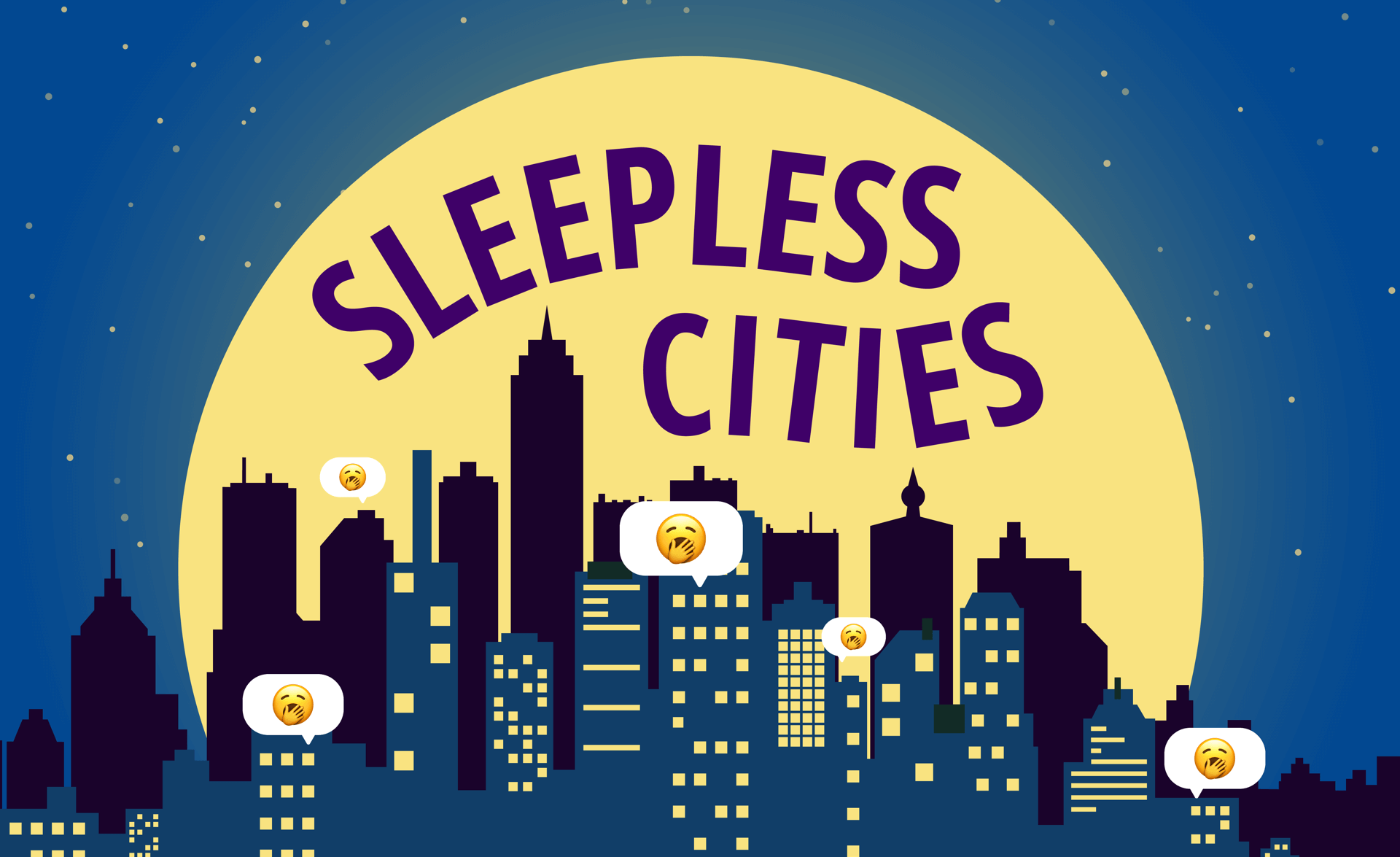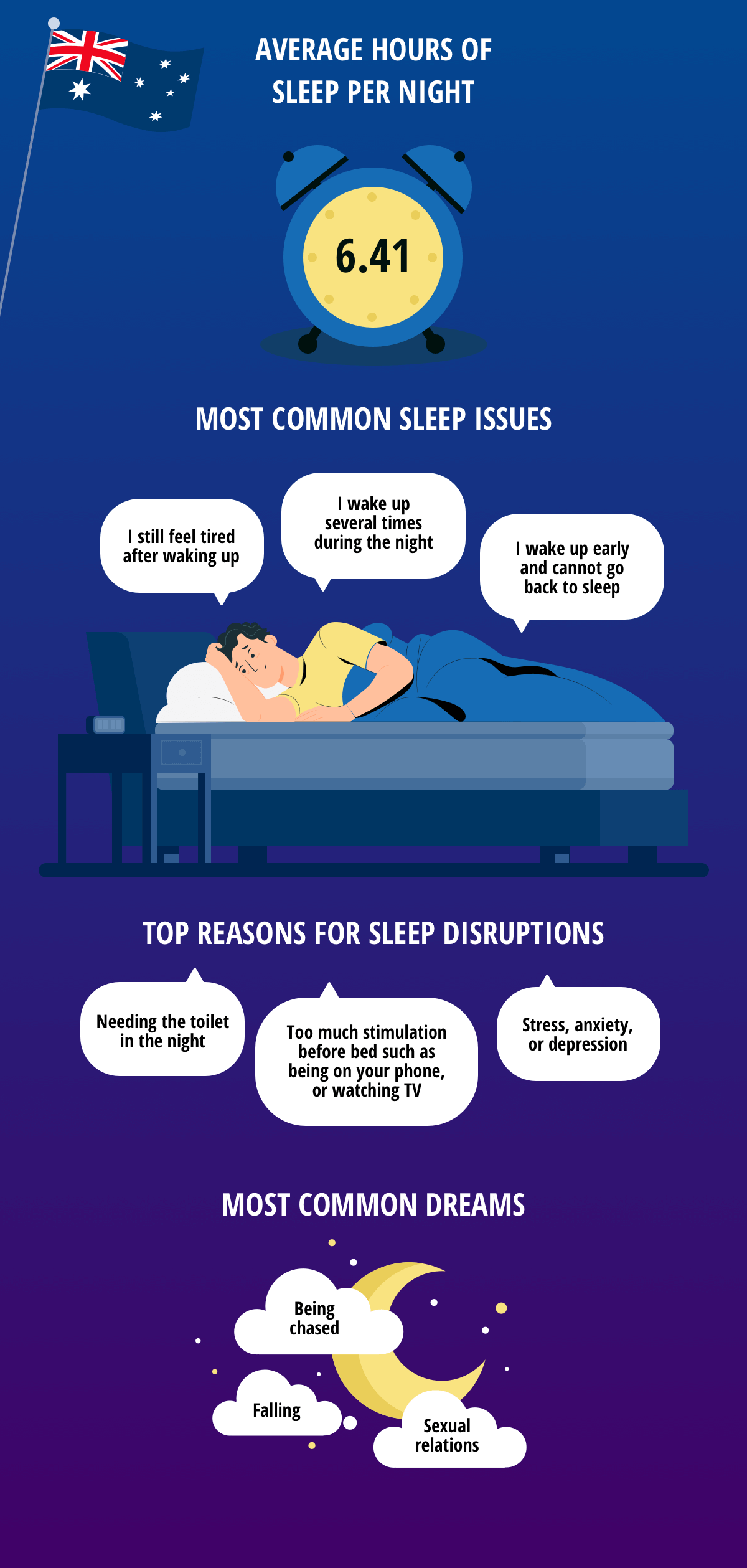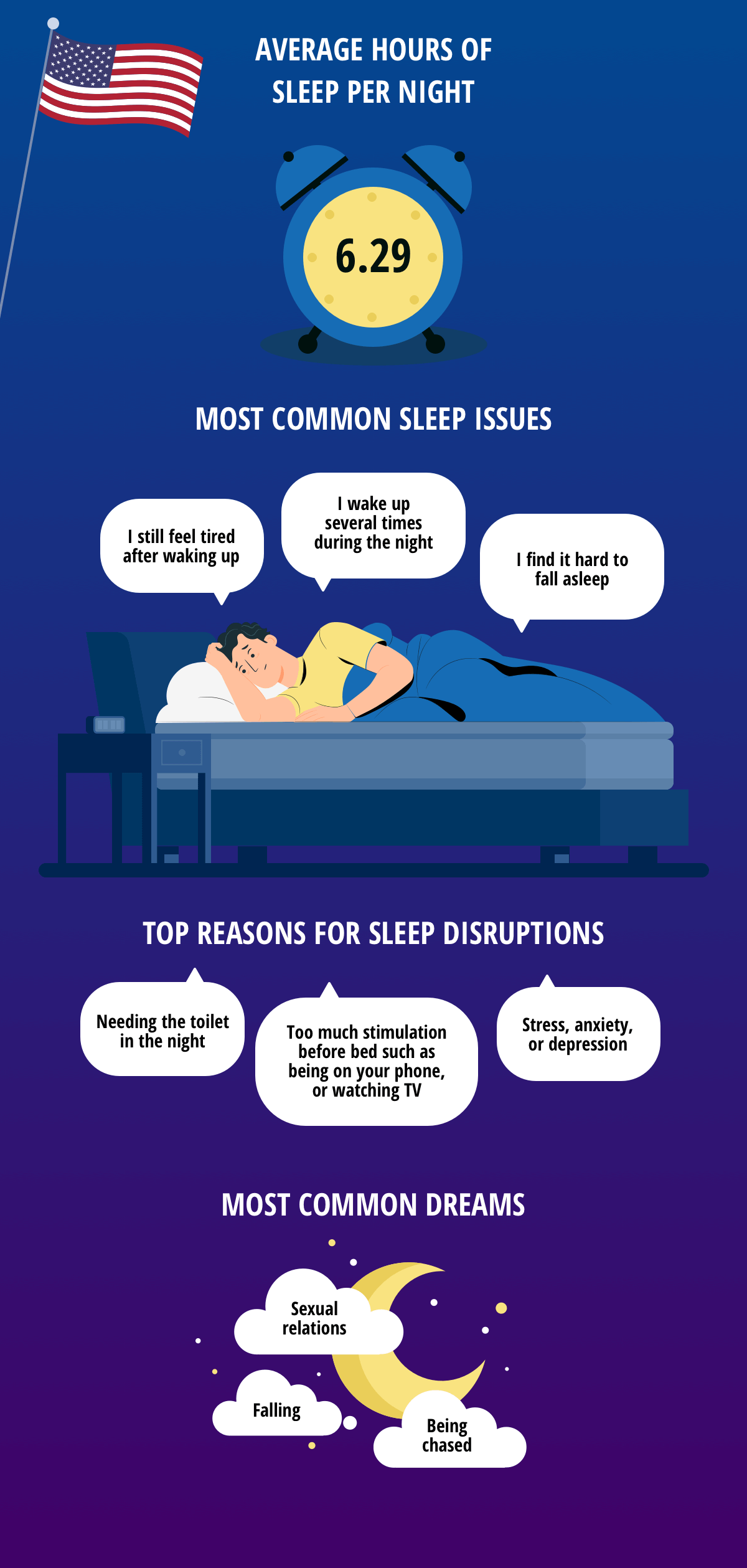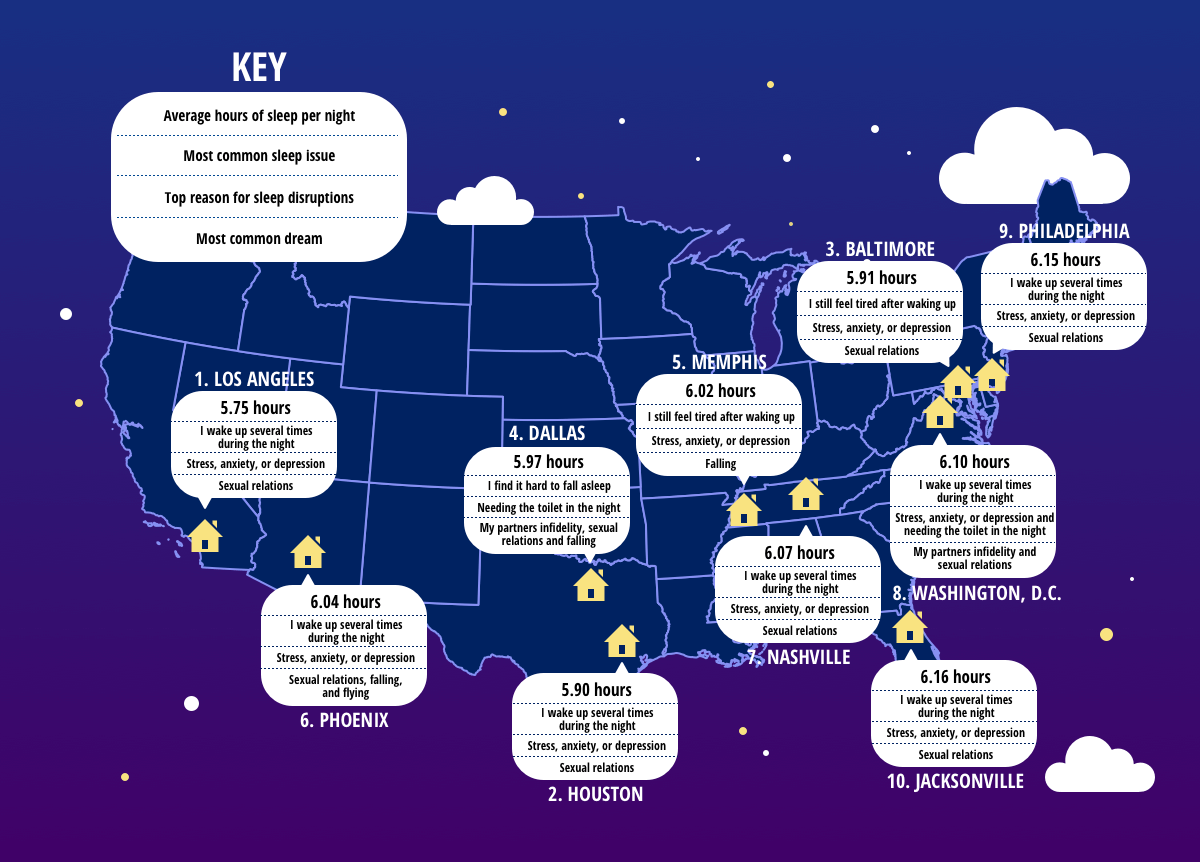The Burrow

As experts in health insurance, we’ve learned first-hand how common it is for people to underestimate just how many things you could be covered for, depending on your level of cover. For example, a private hospital health insurance policy could provide cover for cancer treatment, hospital psychiatric treatment and joint replacements.
In this article, however, we’re interested in sharing the benefits of a policy that covers you in the instance you struggle with a sleeping disorder.
If you suffer from sleep apnoea or something similar, then it’s worth comparing your options to see which funds could contribute towards the cost of treatment. While not all policies offer the same level of cover, some will pay a benefit towards sleep studies conducted in hospital, or even cover the cost of continuous positive airway pressure (CPAP) machines – both of which can be common treatment approaches when dealing with conditions such as sleep apnoea.
Given sleep apnoea is experienced by around 5% of Australians,3 we were curious to know how our stats compared to other nations. That’s why we surveyed adults in both Australia and America to find out how many of us are running low on sleep and the reasons behind our inability to be well-rested. If you also want the low-down on how to improve your sleep quality, we spoke to a sleep therapist who has revealed her top tips.

Nearly 10% of Aussies get less than 4 hours of sleep each night, with 6.4 hours per night the average. Men tend to get slightly more sleep than women, as do those aged 16-24, who nod off for 6.87 hours each night.
Those living on the Gold Coast and in Wollongong are the most rested, whereas those living in Perth survive on the least amount of sleep, at an average of 5.79 hours a night.
The biggest issue for most sleepers is that they wake up several times in the night, making it hard for them to get back to sleep and feel well rested. Other issues also included still feeling tired after waking up, waking up early and not being able to go back to sleep, and finding it hard to fall asleep in the first place.
When asked why they think it’s so hard for them to fall asleep, the overwhelming majority said it was due to stress, anxiety or depression – although nearly 25% put it down to needing the toilet in the night! Other reasons for finding it hard to sleep include too much stimulation before bedtime (e.g. being on your phone or watching TV), having a medical condition such as sleep apnoea or restless leg syndrome, and the fact that their partner snores. Perhaps unsurprisingly, more women than men are likely to be affected by a partner snoring!
In terms of dreaming, over 30% of the population say they rarely ever remember their dreams. However, the most common themes include being chased, falling, or something involving sexual relations.

Americans are getting less sleep than Aussies, averaging at 6.29 hours a night – although nearly 14% get less than 4 hours of sleep. Like Aussies, men get more sleep on average than women, as do those aged 55 years and older.
Only two cities got more than seven hours of sleep on average each night: San Diego and Fort Worth. Meanwhile, those in Los Angeles, Houston, Baltimore and Dallas are living on less than six hours of sleep each night.
Again, the biggest issues for Americans are that they wake up several times in the night and that they still feel tired after waking up. More than 37% said they struggled to sleep because they suffered from stress, anxiety or depression.
Other less common issues that resulted in sleep loss included the room getting too hot, the bed not being very comfortable, and the consumption of alcohol, caffeine or nicotine.
Slightly fewer Americans remember their dreams than Australians, but Americans’ dreams are raunchier. On average, more of them dream about sexual relations, their partner cheating on them, and another love interest.
Of the 10 cities that get the least sleep, nine of them say it’s because of stress, anxiety and depression, and for nine of them, their most popular dream is about sexual relations.

Since a lack of sleep can be a major issue, we spoke to Dr. Kat Lederle, Sleep Therapist at Somnia, to answer your sleep questions.
“There’s no one-size-fits-all number, but most people need between 7 and 9 hours of sleep. Approximately 1% of people need 4-5 hours, which means that the vast majority of Americans who are reporting less than 4 hours sleep need more.
“A lack of good quality sleep can be associated with a range of physical illnesses, and can put you at risk of diabetes, obesity, cardiovascular diseases and certain cancers. It also impairs your cognitive performance, your memory and levels of alertness, as well as your emotions. If you haven’t slept for long enough, you’ll likely become more irritable, anxious and less tolerable of stress.”
“Waking up during the night is normal – we all do it every 90 minutes at the end of a sleep cycle. Usually, these awakenings are very brief (which is why we don’t remember them) but for those who experience maintenance insomnia, they wake up fully and struggle to get back to sleep.
“In these cases, the brain can ‘hijack’ the natural awakening and make us mentally work on our to-do lists, or worry about something, when we should be resting.
“While you can’t consciously avoid waking up at night, prepare yourself in the day to support your sleep at night. Give your mind the chance to process your day before bedtime; go through your to-do list and then add three things you’ve achieved that day. During your day, take mini-breaks and be mindful of what you eat and drink, and give yourself an eating window of no more than 12 hours.”
“Prepare for your sleep from the moment you wake up. Hold off checking your phone and instead open your curtains, greet your family or partner, turn on the radio and have a shower. Maybe then, with a cup of coffee, you can open your emails.
“It’s also important to expose yourself to natural light in the morning and afternoon to confirm with your body clock that your day has started. In the evening, you need to confirm that night has started, so keep the lights dim and be mindful of using screen-devices.
“Eat a healthy diet, avoid caffeine in the afternoon and make sure you finish your dinner 4 hours before bedtime. Also, whilst exercise is important, avoid it too close to bedtime. Don’t expect that a tiring exercise regime will guarantee you a good night’s sleep, but rather treat it as a healthy habit that will support your overall sleep and health.”
“If you dream that you’re falling, ask yourself whether you feel insecure or unsafe in any way, and think about what could be triggering this. Similarly, if you dream of being chased, do you feel threatened – either directly or indirectly – in your daily life? Perhaps you’re anxious about something or someone, and you sometimes feel like you can’t cope. If you’re regularly experiencing these types of dreams, ask yourself what you’re worried about to get to the root cause.”
If you’ve been struggling to get a good night’s sleep, we hope these tips will help you to change your routine and feel more well-rested!”
Brought to you by the health insurance experts at comparethemarket.com.au.